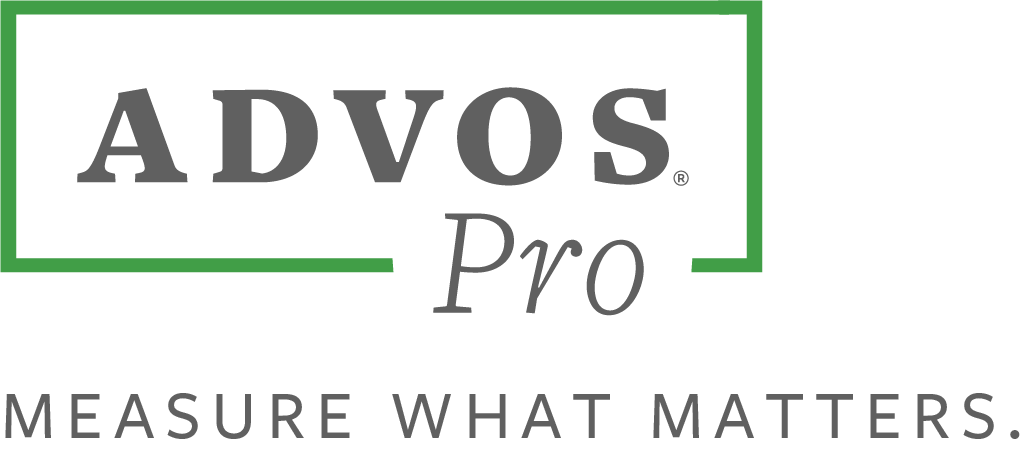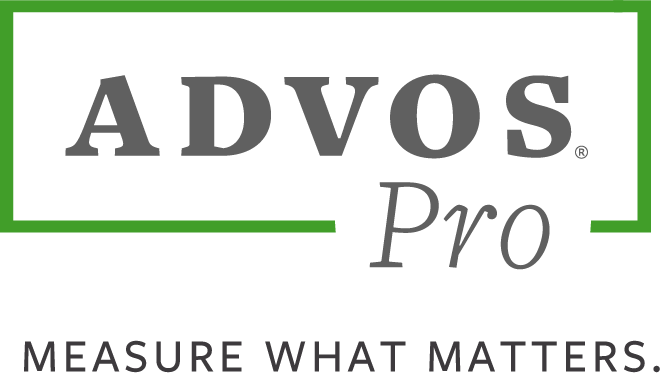
The Problem with Time
In 2010, I was racing through the airport, mind going as fast as my feet. With work demands, two middle schoolers, and a toddler at home, I felt pulled in a million directions—again. The book on the shelf – The Way We’re Working Isn’t Working – practically called out to me.
We’ve all had those moments when a book completely shifts our thinking. For me, Tony Schwartz’s book was one of those.
From the moment I was introduced to billing hours, I found the concept perplexing (see this post). I had also experienced a corporate culture of being “always on / always available,” with weekend work and responding to emails at all hours. My gut told me this wasn’t how it was supposed to be—but back then, no one was talking about alternatives. Schwartz’s book fundamentally changed how I viewed time and energy management 💡.
There’s so much valuable insight in the book, but the pilot program he and his team conducted at Sony 🎧 stuck with me the most. The results were astounding: dramatically improved outcomes in both job satisfaction and financial performance when the team committed to turning off after hours. It turns out, we’re not machines—our energy ebbs and flows. Working in focused bursts is far more productive than grinding away for hours on end.
So, how can we reconcile the expectation of billing 2200 hours a year with the reality that we, as humans, have fluctuating energy levels throughout the day? Honestly, I’m not sure we can.
And why should a client pay more for work done when we’re weary, as opposed to when we’re laser-focused?
There’s a better way.
While much has been said about the problems with the billable hour, less has been said about building a better system—one that measures what truly matters to clients: deliverables, milestones, and predictable legal spend. And one that respects our human need to manage energy flows for both mental health and productivity (and leverages all that tech has to offer as other businesses have long adopted).
For the past decade, Whitney and I have been honing a deliverables-based pricing model. Clients pay for the work product—the deliverable—and the time that would have been spent tracking every 6 minutes is instead repurposed into more client service. Inspired by agile and scrum methods used in tech development, this model allows us to focus on results rather than counting hours. It fosters trust with clients and promotes a healthier work-life balance for attorneys.
What we’ve learned: Every lawyer will approach it differently—there’s no “one size fits all” model. That’s why we’re building a community of like-minded lawyers who are challenging the status quo and exploring innovative approaches, sharing their best practices, insights and tools. The billable hour trap is a problem we can solve—if we’re willing to question the way things have always been done.
If you’re a law firm owner or partner and interested in joining our free, private community for lawyers who want to build a practice they love, that loves them back, come join us in the ADVOSphere or reach out and let’s set up a call! Really look forward to connecting!
To your #PROmance,
Gwen




